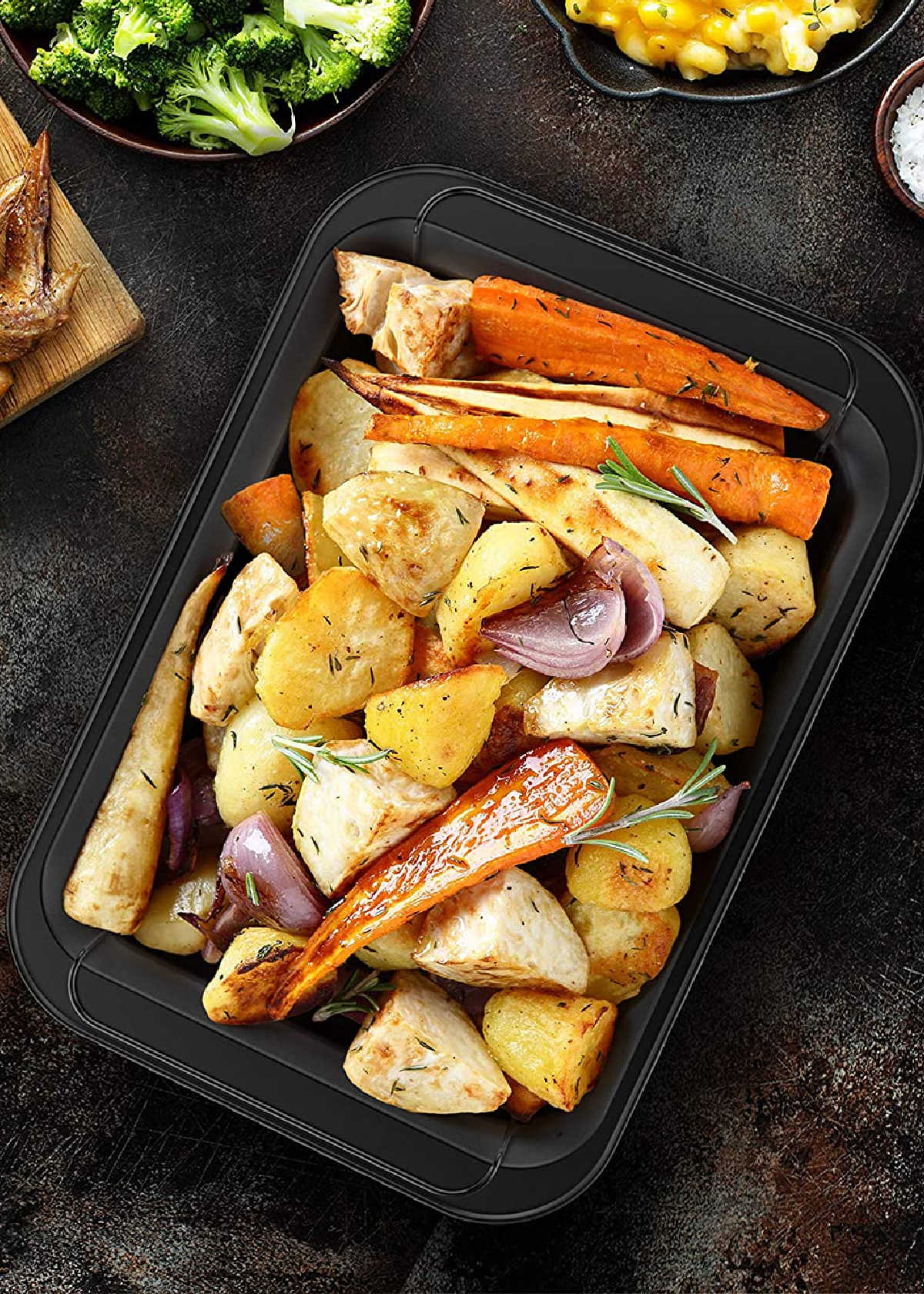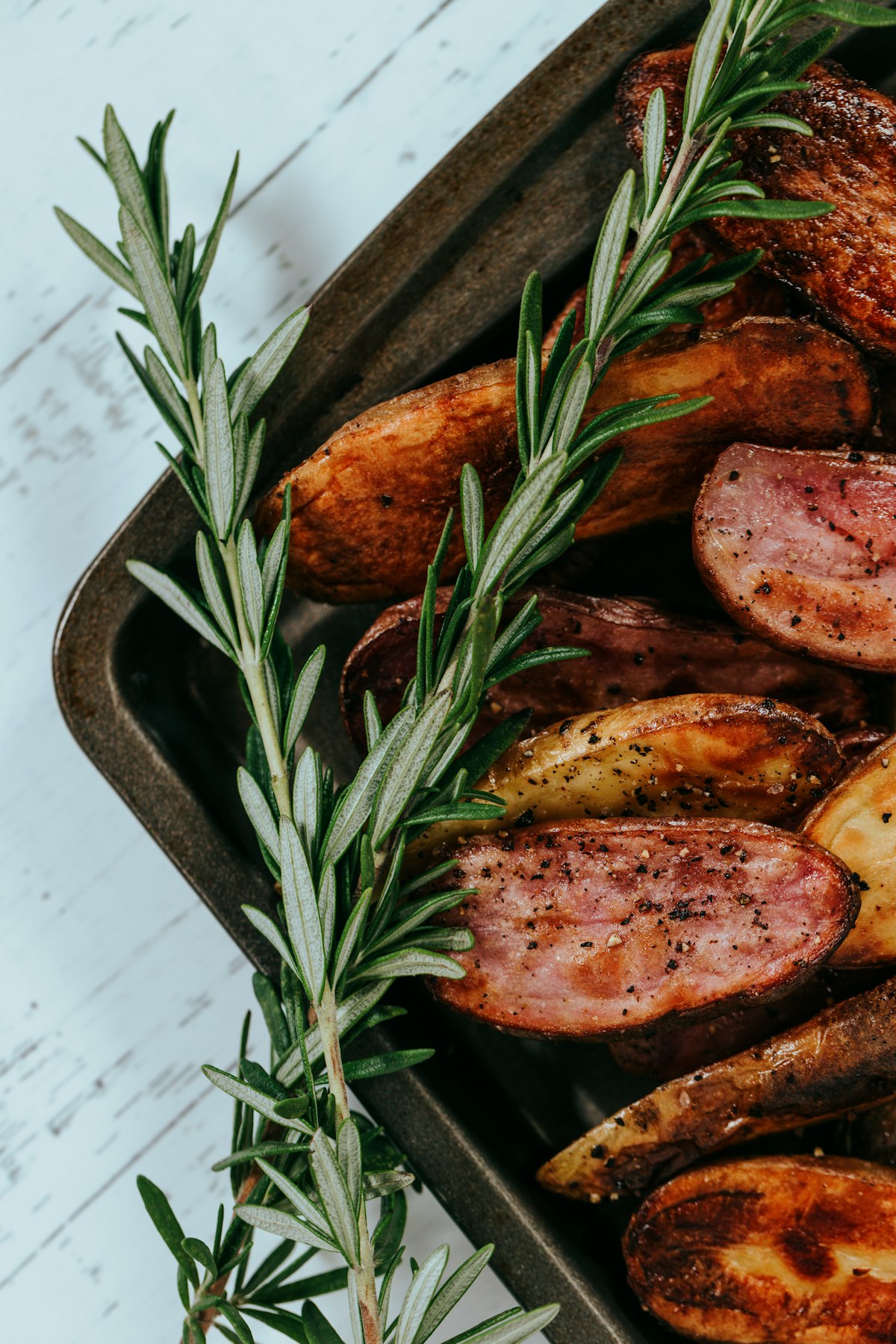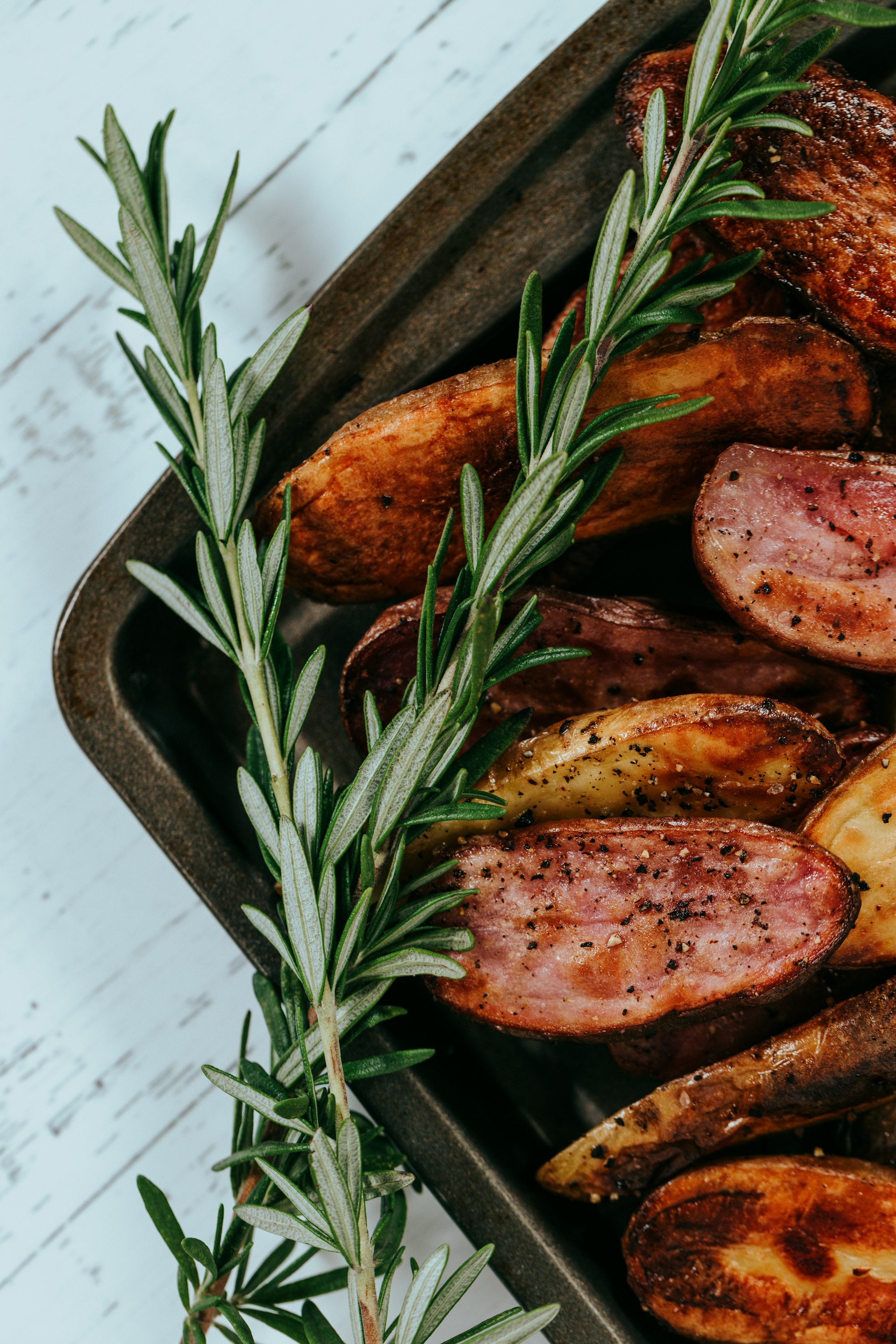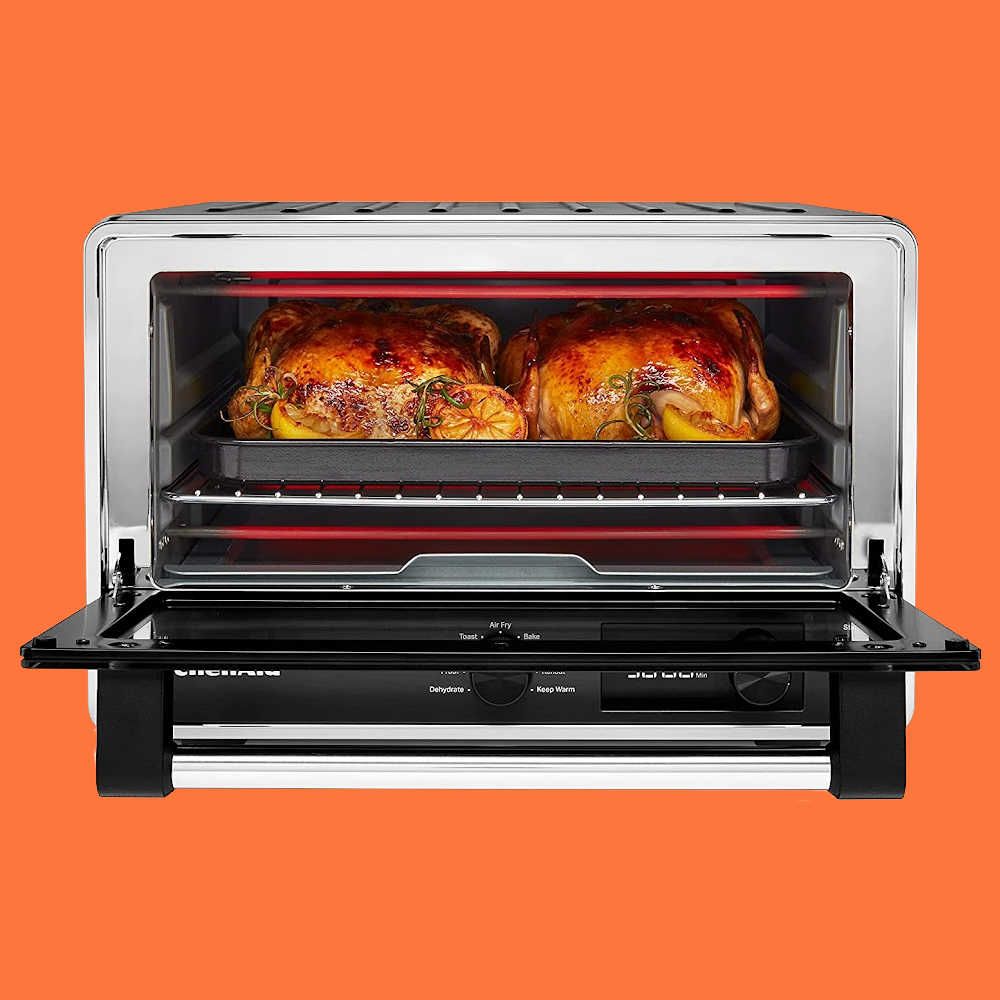Content Summary
We all know that vegetables are good for us. They're packed with nutrients and fiber and are low in calories. But did you know that the way you cook your vegetables can actually impact their nutritional value? It's true!
Roasted vegetables are not only delicious, but they also retain more of their nutrients than boiled or steamed vegetables. So if you're looking for a healthy and delicious way to cook your veggies, roasting is the way to go.
How Roasting Vegetables Affects Their Nutritional Value
The main difference between roasted and boiled vegetables is that boiling leaches out some of the water-soluble vitamins, while roasting does not. Vitamins A, C, and B6 are all water-soluble, which means they can be lost during boiling.
However, these vitamins are not affected by roasting. In fact, roasting actually increases the level of carotenoids, which are antioxidants that have been linked to a lower risk of cancer and heart disease.
Not only do roasted vegetables retain more of their nutrients, but they also tend to be more easily digested than boiled or steamed vegetables. This is because the process of roasting breaks down some of the plant cell walls, making it easier for your body to absorb the nutrients.
Roasting vegetables is the best way to retain their nutrients and make them more easily digestible. So if you're looking for a healthy way to cook your veggies, make sure you roast them instead of boiling them. Your body will thank you!
Roasting Temperature For Vegetables
This guide will assist you on how to roast your veggies perfectly every time so that you can get all of the nutrients without any of the hassle.
- The first step to perfect roasted veggies is to preheat your oven.
- Roasting veggies at a high temperature helps to lock in their nutrients, so you'll want to set your oven to 400-425 degrees Fahrenheit.
- Next, wash your veggies thoroughly and slice them into uniform pieces.
- This step is important because it helps the veggies cook evenly—if they're all different sizes, some will be overcooked while others will be under-cooked.
- Once your veggies are sliced and diced, it's time to put them on a baking sheet. Make sure that you line the baking sheet with foil or parchment paper first; this will help prevent sticking and make cleanup a breeze.
- Then, drizzle your veggies with olive oil or another type of cooking oil and season them with salt, pepper, and any other spices of your choice.
- Use your hands to toss everything together so that the oil and seasonings are evenly distributed.
- Pop your baking sheet in the oven and set a timer for 20 minutes.
- After 20 minutes, take the baking sheet out of the oven and give everything a good stir. This step is important because it helps prevent burning and ensures that all of the veggies get cooked evenly.
- Put the baking sheet back in the oven for 10-15 more minutes, or until your veggies are tender and slightly browned around the edges.
- Once they're done, transfer them to a serving dish and enjoy!
And voila—delicious and nutritious roasted vegetables that everyone will love! Now that you know how to roast vegetables perfectly, you can enjoy all of their nutrients without any of the hassle!
If you are looking for more ways to roast vegetables, check out this link for some great ideas!
And whenever you intend to purchase a good pan to roast vegetables, check out this post. We've done all the research for you, and picked the 5 best pans for roasting vegetables on the market. These versatile roasting pans will come in handy as they can be used to cook vegetables, meats, and more. Read on to find your best one and cook healthy dishes for your family!
















